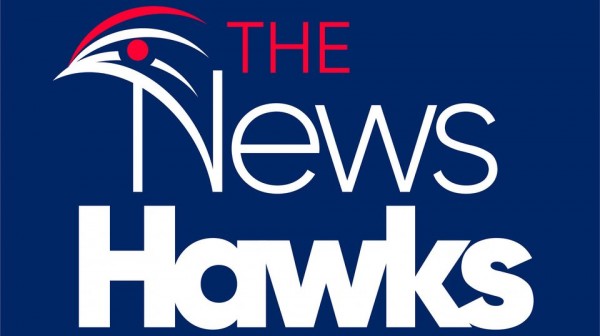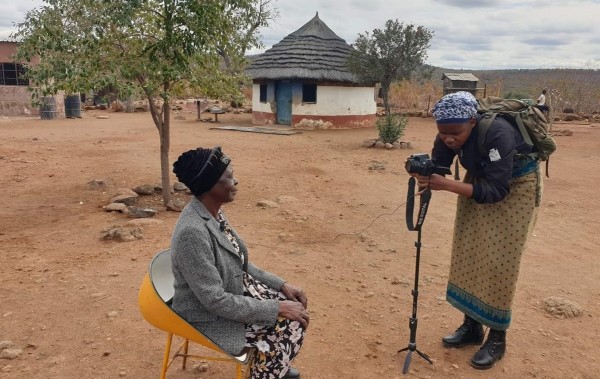His Excellency President Robert Mugabe
Office of the President
Causeway, Harare
Zimbabwe
Fax: (+ 263 4) 728 799 / 708 820 / 734 644
Vienna, 14 June 2004
Your Excellency,
The International Press Institute (IPI), the global network of editors, leading journalists and media executives in over 120 countries, condemns the recent decision by the authorities in Zimbabwe to suspend the operating licence of The Tribune newspaper.
According to IPI’s research, on 10 June, the government-appointed Media and Information Commission (MIC) suspended The Tribune’s operations for twelve months for allegedly breaching the Access to Information and Protection of Privacy Act (AIPPA). In particular, the MIC accused The Tribune of failing to inform the body of “changes in the titles, frequency and ownership of a licensed media house” under section 67 of AIPPA and of attempting to mislead the commission.
Details of the newspaper’s suspension were announced in a press statement issued by the chairperson of the MIC, Tafataona Mahoso. The press release accused The Tribune of altering its title, imprint and ownership without informing the MIC and of employing an unaccredited journalist, Bekithemba Mhlanga. Previously, The Tribune’s publisher, Kindness Paradza, had published two newspapers called The Business Tribune and The Weekend Tribune. The newspapers were subsequently merged to create The Tribune.
Responding to the contents of the MIC press release Paradza, a member of parliament who was recently expelled from the ruling Zanu-PF party and a recent critic of the country’s media laws, said, “This is the worst assault on press freedom in modern Zimbabwe. He also refuted the claims about Mhlanga saying the journalist had never been employed by the newspaper and had only made his contributions through the “Letters to the Editor” section.
The decision to suspend The Tribune follows the earlier closure this year of The Daily News and its sister newspaper, The Daily News on Sunday, also for an alleged failure to follow Zimbabwe’s stringent accreditation procedures. Numerous journalists have also been arrested under the new media law introduced shortly after President Robert Mugabe’s victory in the 2002 presidential elections.
With regard to The Tribune’s closure, IPI believes it represents yet another attempt to silence media critical of the government, particularly in light of the forthcoming parliamentary elections that are now only some eight months away. Indeed, the decision to silence the media follows a similar pattern to the way critical media and foreign journalists were harassed, intimidated, arrested and prosecuted prior to previous elections.
As such, IPI believes that the MIC’s actions are nothing less than a dubious act of censorship that is both condoned and encouraged by Your Excellency. While the registration of media organisations and journalists for purely technical purposes has been deemed acceptable by international courts, IPI and many other organisations have often campaigned against such procedures because they are easily abused and exploited by governments whose sole desire is not the support of the media but its suppression.
Bearing this in mind, IPI calls on Your Excellency to amend the AIPPA so that it meets international standards on freedom of the press or, if necessary, to rescind the legislation. Rules on registration should be for technical purposes only and should never be used as a means of barring media organisations or reporters from practising their profession. Any such use is a clear breach of the rights of everyone to “seek, receive and impart information and ideas through any media” by virtue of Article 19 of the United Nations Universal Declaration of Human Rights.
We thank you for your attention.
Kind regards,
Johann P. Fritz
Director


